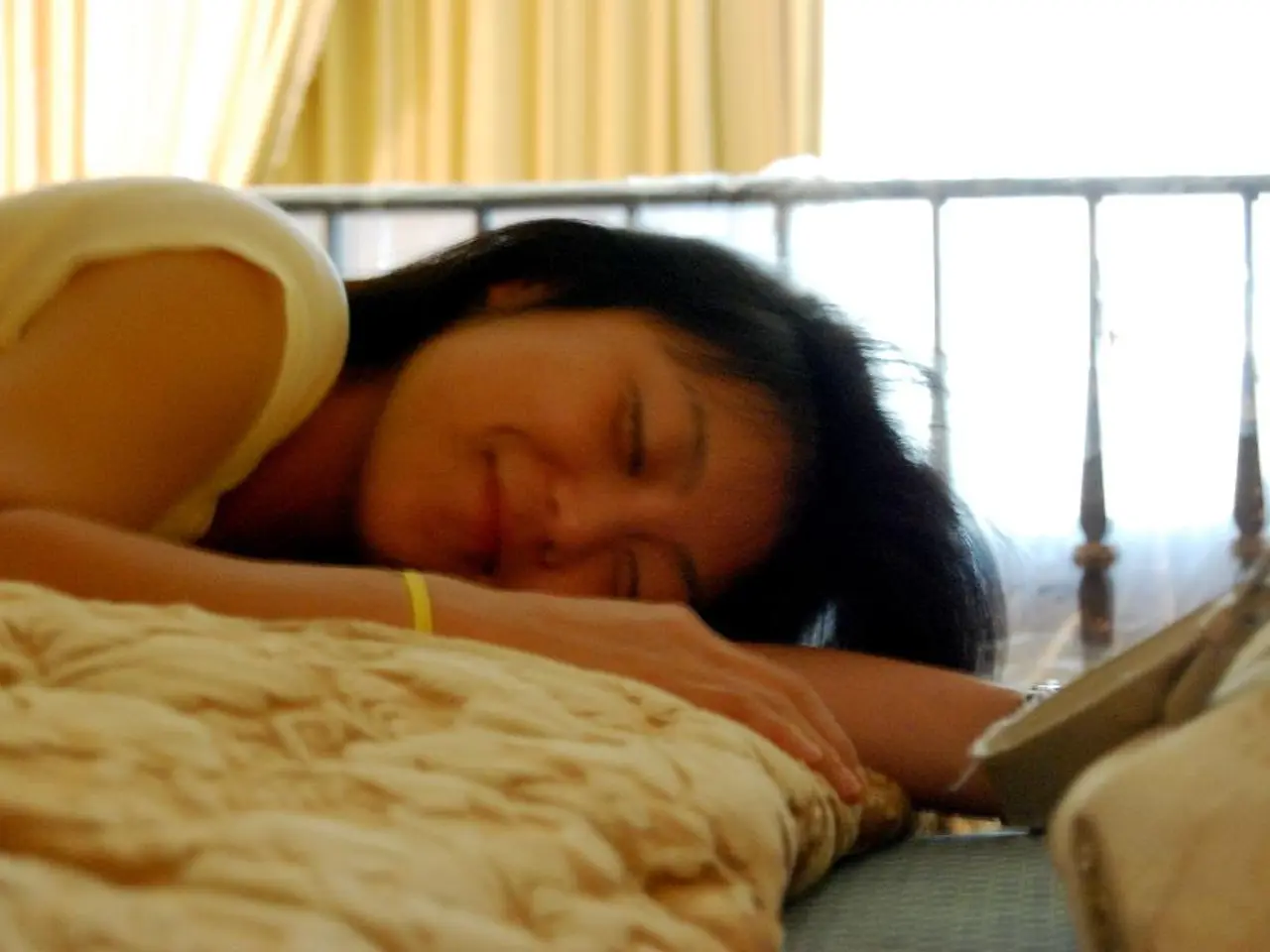Navigating Intimacy After Menopause: Strategies for Revitalizing Sexual Relations Past the Age of 50
Menopause does not signify the end of a fulfilling sex life for many women. In fact, post-menopausal sex can be enjoyable and satisfying for many, provided that certain strategies are employed to counteract the changes that come with this life stage.
**Physical and Emotional Self-Care**
Regular exercise, including weight-bearing, resistance, cardio, and flexibility exercises, can improve physical health, body image, and libido, while also counteracting muscle and bone loss. Pelvic floor exercises, like Kegels, strengthen vaginal muscles and increase blood flow to the area. Limiting the use of soaps, douches, and vaginal products that can cause irritation or worsen dryness is also crucial. Lifestyle choices such as quitting smoking, moderating alcohol and drug use, and addressing mood changes and stress can all contribute to maintaining sexual desire and satisfaction. Open dialogue with your partner about needs, desires, and any discomfort is essential for maintaining intimacy and mutual satisfaction.
**Medical and Therapeutic Approaches**
For persistent vaginal dryness or discomfort, low-dose vaginal estrogen creams or tablets can help restore moisture and elasticity without the need for systemic hormone replacement. Hormone Replacement Therapy (HRT) may be beneficial for some women to address broader menopausal symptoms, including sexual dysfunction, and may help prevent osteoporosis and cardiovascular issues if started early. Over-the-counter vaginal lubricants (for use during sex) and moisturizers (for daily use) can alleviate dryness and discomfort. Specialized physical therapy can help address pain, incontinence, or muscle weakness that may interfere with sexual activity.
**Sexual Activity and Maintenance**
Regular sexual activity may help maintain vaginal health, reduce pain, irritation, and dryness in menopausal and postmenopausal women. This supports the “use it or lose it” concept, though it’s important to note that correlation does not imply causation—more sex may be a marker of better vaginal health rather than its sole cause. If intercourse is uncomfortable, focusing on other forms of physical intimacy, such as massage, kissing, or mutual masturbation, can maintain closeness and satisfaction.
**Common Myths Debunked**
Contrary to popular belief, sex drive does not necessarily disappear after menopause. While some women experience a decrease in libido, many maintain or even discover new levels of sexual interest and satisfaction post-menopause. Painful intercourse is common due to vaginal dryness and thinning tissues, but it is not inevitable. Effective treatments, including lubricants, vaginal estrogen, and pelvic floor therapy, can significantly reduce or eliminate discomfort. Older women should not shy away from discussing sexual well-being with healthcare providers and partners, as sexual health is a lifelong aspect of health.
A summary table outlines key strategies and treatments for maintaining a fulfilling sex life during and after menopause, including regular exercise, avoiding irritants, quitting smoking, vaginal estrogen therapy, HRT, lubricants and moisturizers, pelvic floor therapy, regular sexual activity, open communication, and exploring non-penetrative intimacy.
In conclusion, a fulfilling sex life during and after menopause is achievable with a combination of lifestyle adjustments, medical treatments, and open communication. While hormonal changes can present challenges, they are not insurmountable, and many women find new ways to enjoy intimacy and pleasure. Myths about aging and sexuality should be challenged, and women are encouraged to seek support and explore options that work best for their individual needs.
- Employing regular exercise, weight-bearing, resistance, cardio, and flexibility exercises can enhance physical health, body image, libido, and counteract muscle and bone loss during menopause.
- Lifestyle choices, such as quitting smoking, moderating alcohol and drug use, and addressing mood changes and stress, contribute to maintaining sexual desire and satisfaction in women undergoing menopause.
- Open dialogue with a partner about needs, desires, and any discomfort is essential for maintaining intimacy and mutual satisfaction during menopause.
- Low-dose vaginal estrogen creams or tablets can restore vaginal moisture and elasticity for women experiencing persistent vaginal dryness or discomfort during menopause.
- An annual comprehensive health-and-wellness examination focusing on sexual health is crucial for all women, especially those in the menopausal stage of life.
- Debunking common myths about menopause and sexuality is important, as it encourages women to discuss sexual well-being, seek support, and explore options to achieve a fulfilling sex life during this life stage.




